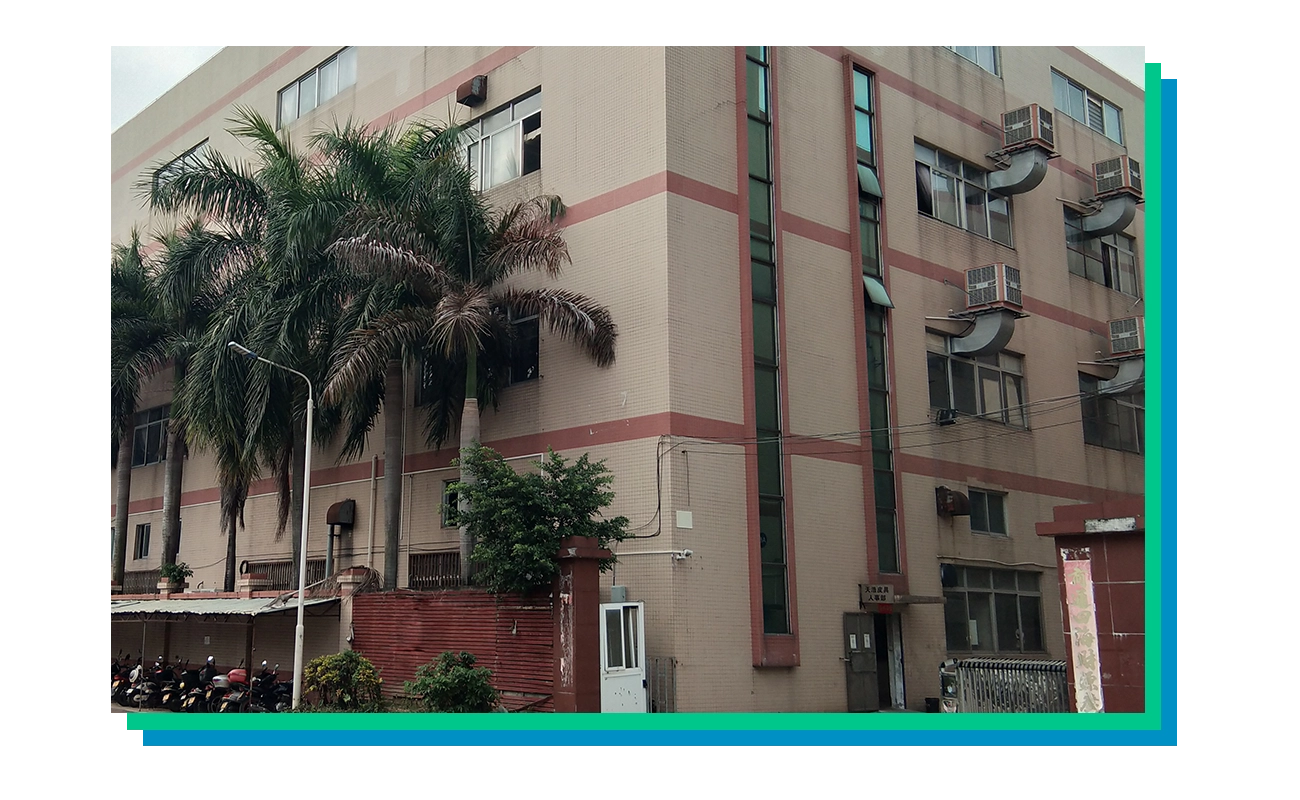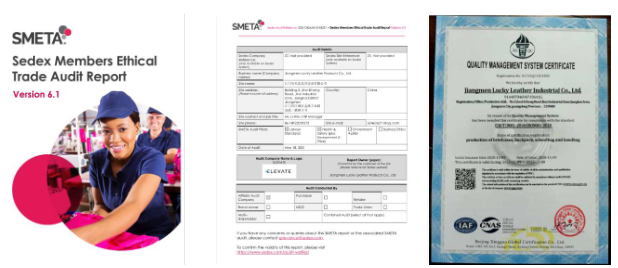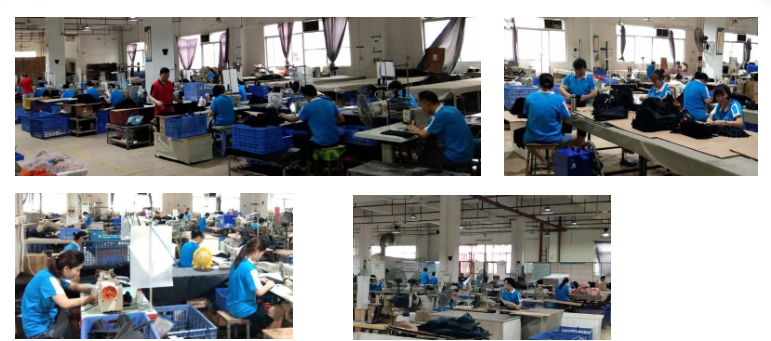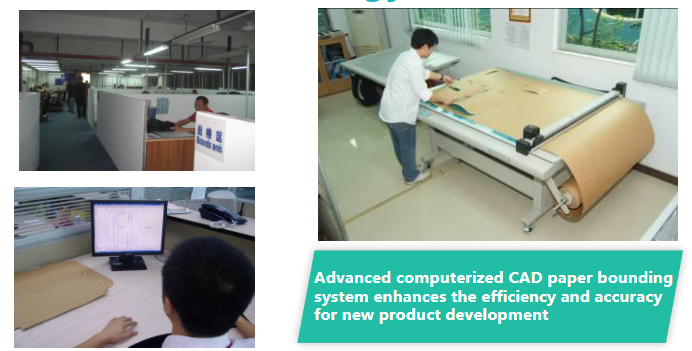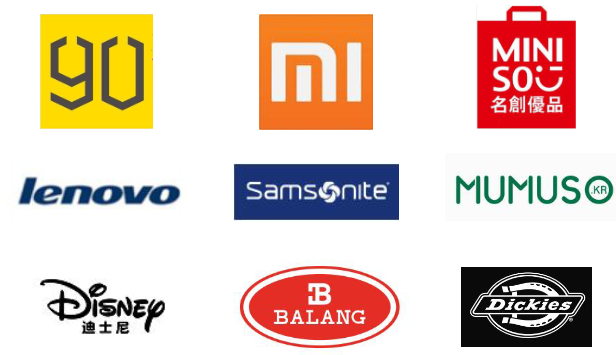How To Obtain A CE Certification When Importing From China
Date: 2020-10-20 Categories: FAQ Hits: 873
CE is a certification that many companies are mandated to be used if they want to trade their products in the EU region. With businesses booming and growing exponentially, the quality check has become so vital to avoid any kind of risks or accidents. CE marking is a vital step to ensure that all the products are quality checked and only when they are assessed properly, are they allowed to be used for commercial purposes.
Now, the question is, Can we obtain a CE mark just like that? To answer this question, no we cannot. Then how do you obtain a CE certification? If you are importing goods from China, there are many China sourcing services like MatchSourcing that can help you guide you through the CE marking process.
Today, in this blog we will see how we can obtain a genuine CE mark. Let’s directly dive into it!
What Does CE Stand for on Products?
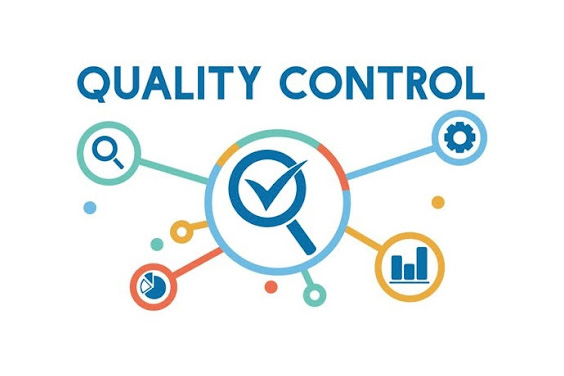
What is CE Mark?
Businesses are reaching new heights and changing trends for the future. Today, manufacturing and production are not the only steps to be considered as a business owner. The products manufactured have to meet universally recognized quality standards to be launched successfully in the market. There are various marks and certifications for this purpose that are used by many organizations and firms.
Many brands use CE marks on their products as a claim of assured safety, quality, and authenticity to customers. CE mark implies the product’s compliance along with strict EU standards and regulations.
Why is CE important?
What does CE stand for on products? CE standards for “Conformité Européenne” which literally translates to “European Conformity”. In layman terms, a CE mark is a type of certification that is used to imply that the products with the said mark comply with all the applied health, safety, and environmental regulations issued within the European Union.
For businesses to freely operate and flourish in the EU, quality certifications are a must. The type of certifications and marking may differ depending on the industry you belong to. CE marking is one of the widely used quality standards in the EU, without which certain products won’t be allowed to be traded in the region. There is a set of harmonized standards prepared by the European Standards Committee.
Only the products with CE marking are said to be following these harmonized specifications and are considered safe enough to be manufactured and used by consumers freely.
There are three entities involved in a business. This CE marking signifies all three of them taking responsibility for the quality standards of the products and assuring that it wouldn’t lead to life or environmental risks.
1. Manufacturers
Manufacturers play a very vital role in ensuring that the products manufactured and launched in the extended single market of the EEA are safe and risk-free. They need to carry out the quality check thoroughly, and then properly provide the CE marking. Only the products that meet the quality standards are given the CE marking.
This step is very essential to establish a market that is safe for consumers and the environment and there is an assurity of no hazards taking place.
2.Importers & Distributors
Importers and distributors are the middlemen of this trading system. They help ensure that only products compliant with EU rules, bearing CE marking are allowed to be placed on the EEA market. Letting in any product that hasn’t been issued CE marking is illegal and puts both manufacturer and the importer at legal risk.
Importers and distributors act as the middle man between traders and manufacturers. Hence, it’s important for them to be aware of the EU regulations before they distribute the products.
3.Consumers
EU consumers are the receiving end. Every one of us may have different preferences when it comes to purchasing. Nevertheless, we would never want the quality of the products to be at stake. We would always go for products that have been recognized as safe-to-use products.
Which Products Must Be CE Compliant?
Do all the products need CE marking to be able to be traded in the EU? Although not all, many products traded in the EU need CE marking. A product must be CE marked when it is covered by one or more of the approximately 25 European Union technical regulations that require CE certification on the products.
These technical regulations are addressed as “directives” and/or “regulations”. Products belonging to the category of cosmetics, foodstuffs, pharmaceuticals are not included in the CE compliance.
CE marking does not just mean adding a CE sticker to the product randomly, without any verification: before a product may be CE marked, it has to be thoroughly assessed and brought in compliance with the requirements of the applicable CE directives and European harmonized standardization. The compliance must be certified only according to the directives’ mentioned procedures.
Let us see what products cannot be specifically launched into the market without CE marking:
Medical devices & equipment
Active implantable medical components
In-vitro diagnostic medical devices
Construction products
All types of machinery
Electric & electronic equipments
Personal protective equipment
Pressure equipment & gas appliances
Radio & telecommunications terminal equipment
Lifts
Cableways
Equipment used in explosive atmospheres
Explosives for civil use
Measuring equipment
Non-automatic weighing instrument
Toys & recreational craft
How to Obtain CE Certification in China?
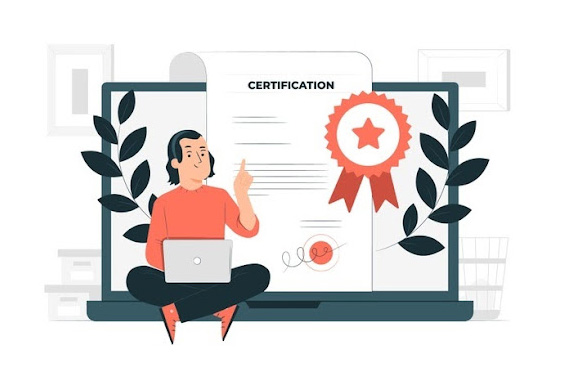
Like all the other manufacturers, Chinese manufacturers, and distributors are required to have CE marking on their products before they import products from China. Trading companies, OEM manufacturers, brand owners, importers and retailers have to abide by the law and ensure their products comply with all the European Union directives that are associated with the products.
Now, you may be bugged up with the question: how do we obtain CE certification in China? We will tell you how.
1. Find a Good Manufacturer
The first step in the process is to find a good manufacturer in china. It is very important to find a good Chinese manufacturer. Why? This is because not all the products would be given CE certification. Only the products that comply with the quality standards specified by the EU. This is to be kept in mind that barely 5%-10% of manufacturers are able to manufacture products that are EU guidelines compliant. For this reason, always look for manufacturers with previous CE-marked products.
This being said, the next question is: how to find a good manufacturer in China? You can do so by making a list of suppliers available to you for the products you need. Once you have done so, look at ‘previous CE compliance’ for determining if the supplier has any past technical expertise and manufacturing capability to manufacture compliant products.
Before you place an order, you must also make your supplier/manufacturer aware of your necessary compliance requirements. If these Chinese manufacturers do anything by default, without any significant reasoning, the manufacturing items that are manufactured by them are non-compliant.
It is very foolish for you to expect that the manufacturers would know everything about your requirements. For this reason, you must confirm exactly which CE directives your products, and communicate the same to the Chinese supplier. In order to verify compliance with the products, implement a testing and certification procedure.
2. Check if You Need an Independent Assessment From a Notified Body
Check if your product needs an assessment from a notified body. Since this varies from product to product, this is compulsory only for certain products.
If a notified body is checking the product, always ensure that your product has markings both from the CE board and the identification number of the notified body. It is important that the CE mark and the identification number are visible and legible.
The main role of the Notified Body includes reviewing the DoC, all the technical files, and lab test reports – if and only if they are convinced and approve all the documentation, will the CE certification be issued.
If no verification is needed for your product by an independent body, then it is your duty to check that it complies with the technical requirements. This includes estimating and documenting the potential risks when using your product.
Conclusion
In this article, we saw what CE marking means, and why it is, legally, a mandatory criterion if you want to trade in EEA. The failure of complying with this can lead to grave legal consequences. The CE marking is also mandatory for non-EU countries like China.
The China quality control inspection services provided by reliable agents like MatchSourcing help the Chinese companies to understand the significance of this certification better. At the same time, it also enables them to understand how to get the CE marking. If you are a Chinese supplier, mark your products before you are marked out! So, for all your CE certification needs, you can contact MatchSourcing.


